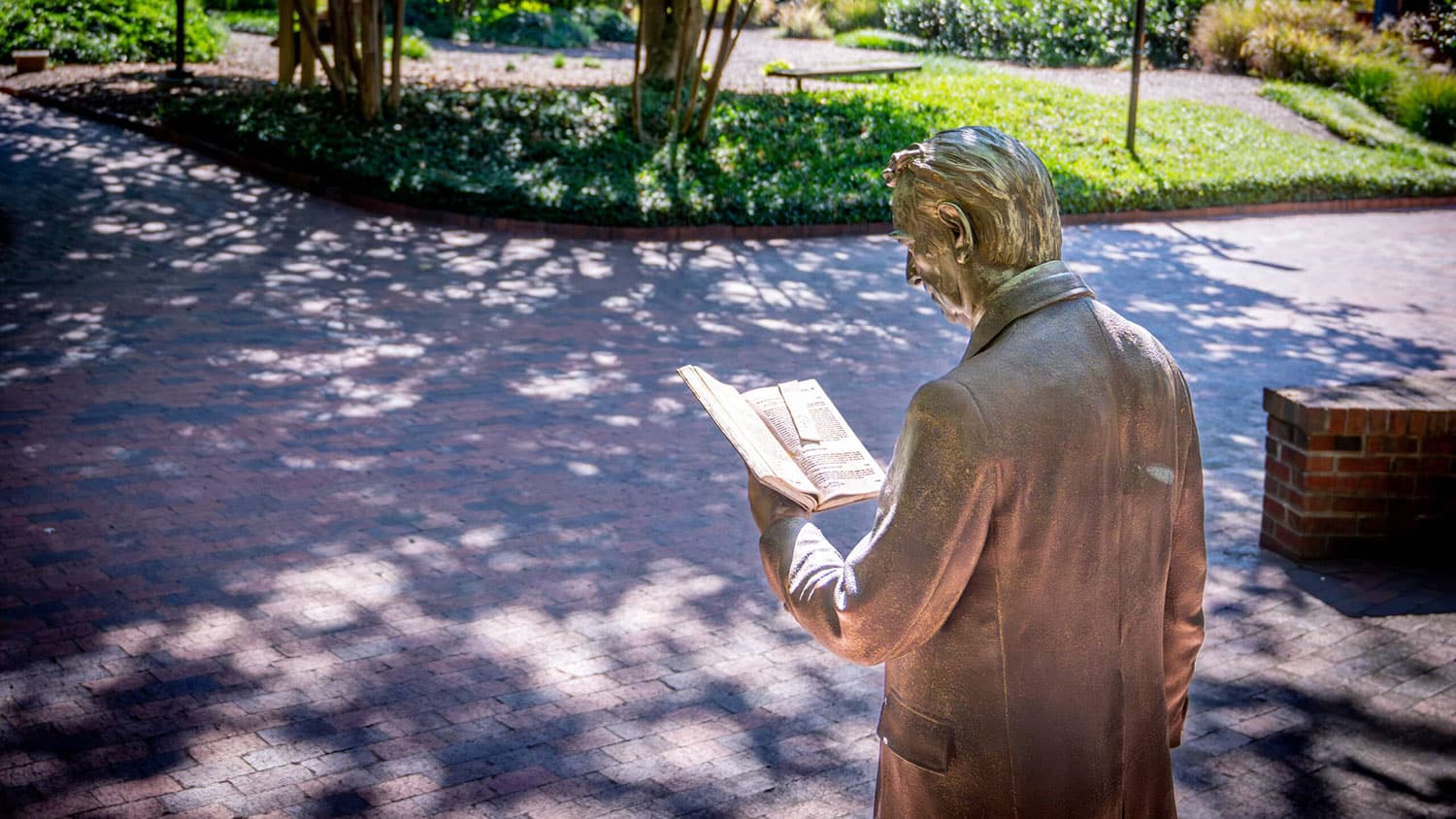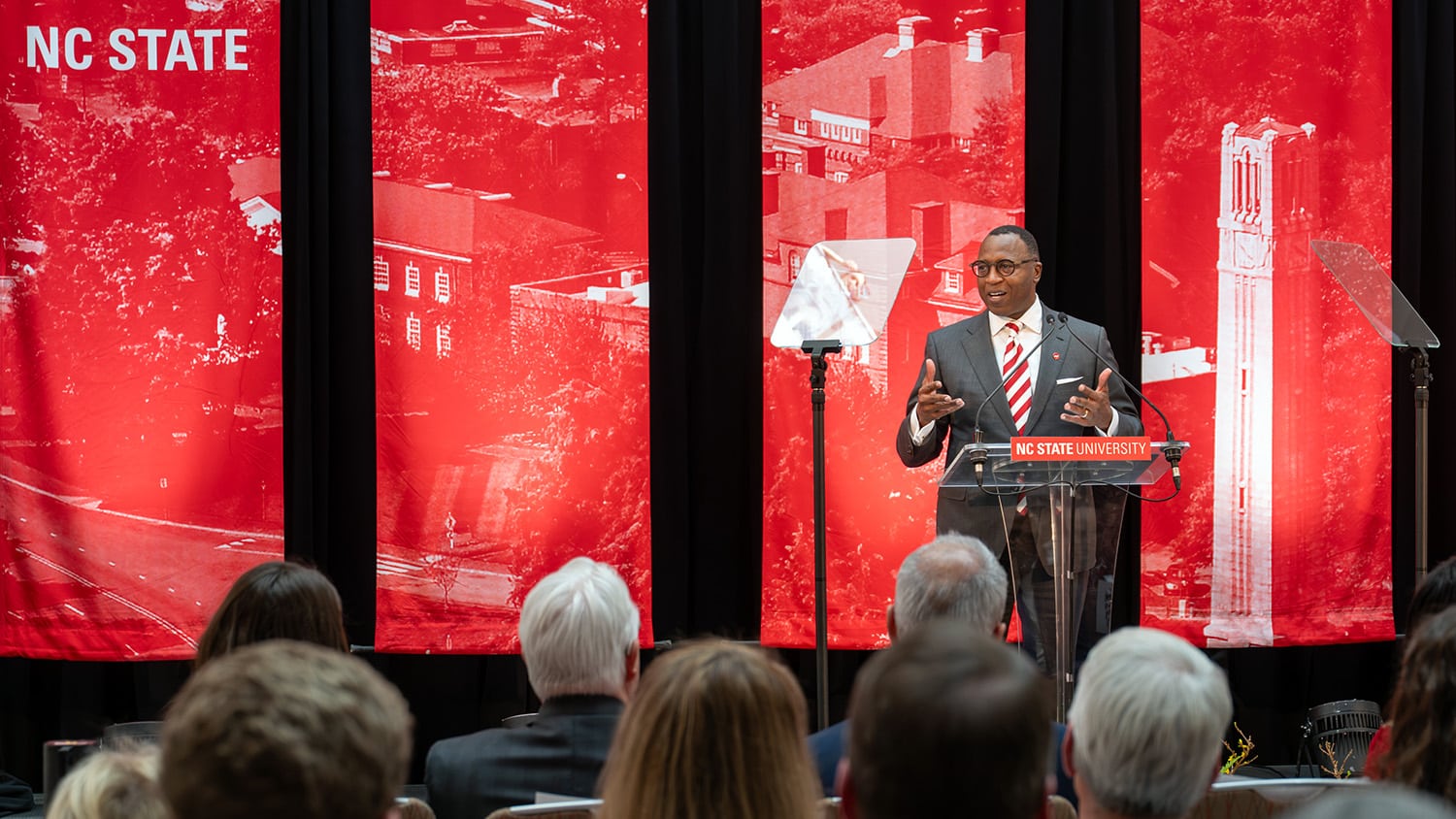Student Project Helps Nonprofit
Tough economic times are bad for business, even if your business isn’t in the business of turning a profit. But the nonprofit Lucy Daniels Center for Early Childhood, the Triangle’s largest provider of mental health services for children, isn’t slowing down. The organization recently launched a new outreach program, Lucy’s Book Club, and revamped its Web site to provide more online content and resources.
Now, thanks to a communication consulting project conducted by graduate students at North Carolina State University, the center has access to key analytical data that may help it continue to grow and prosper despite the recession.
“At a nonprofit, because of limited resources, it’s hard to take time out to do strategic thinking,” says Alison Weaver, a graduate student in technical communication at NC State.
But that’s exactly what the Lucy Daniels Center needs to do, says Joyce Watkins King, the center’s director of development.
“We have a regional and even national reputation,” she says “We need to be thinking about what is next for us.”
So it made for a perfect fit when Weaver offered to provide free communication consulting to the Lucy Daniels Center as part of a class project. The center is well known and has a strong brand image, Weaver notes, but it had never conducted any formal perceptions research. Weaver led a team – including classmates Jon Pharr and Katie Hayes – that designed and implemented a research project targeting both internal and external audiences.
After analyzing the research data, the team was able to pinpoint an opportunity for the center to better focus its marketing efforts by reaching out to Wake County pediatricians.
Weaver took the project a step further this spring, adopting the center as the subject for her master’s thesis. She conducted focus groups with two area pediatrician offices and developed a survey to test various communication tools, then presented her findings and recommendations in March.
As a result, the center tested an e-mail consultation service with a large Chapel Hill pediatrics practice.
“The process served an educational function for us,” says Dr. Donald Rosenblitt, the center’s founder and executive director. “We saw referrals from places that hadn’t referred to us in the past.”
At the same time, Rosenblitt says, barriers to mental health services for children remain.
“I think the project sensitized us to the degree to which the health system is broken and the oft noted fact that social and emotional issues are always the first to go and last to be attended to when the pressure is on,” he says.
King, the center’s development director, hopes the facility will have the opportunity to partner with NC State communication students again, perhaps to move the project forward and test other outreach tools.
“The level of professionalism was amazing,” she says of the students’ efforts. “We couldn’t have begun to afford consulting work of that caliber on our own.”
- Categories:


